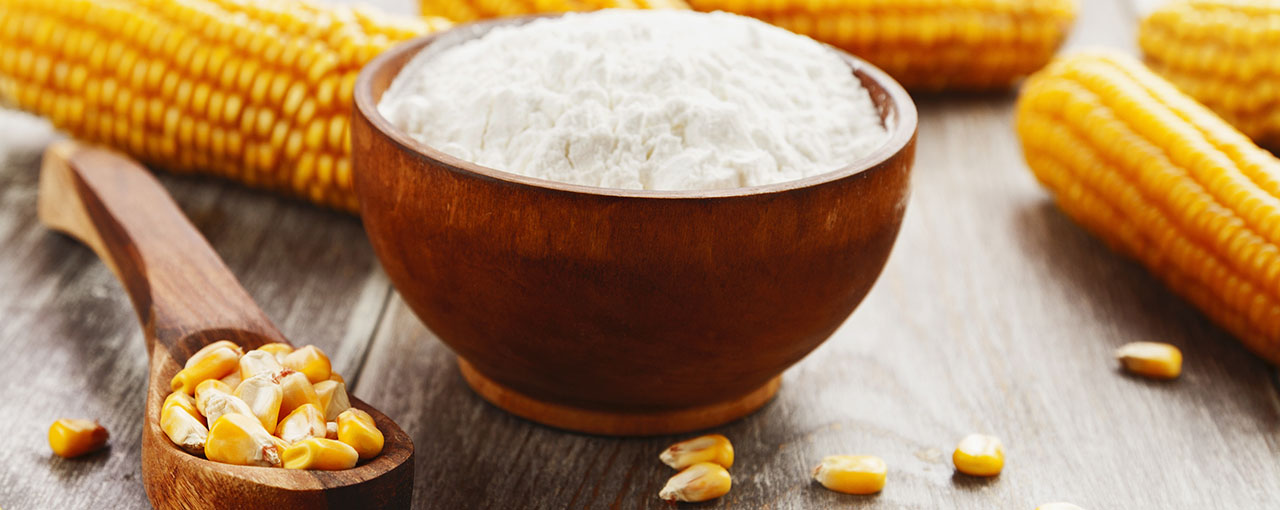Modified Starches
The most common starches used in the personal care industry are extracted either from cereals (maize or corn and wheat) or roots and tubers (tapioca and potato). Modified starches are mild, nature-derived thickeners which provide stable viscosity under either very low or very high pH conditions, and are stable to homogenization, high heat, and freezing conditions. Cargill’s C*™starches offer major functional benefits and contribute to the overall quality of the product.
Cargill can supply modified starches in grades that meet the specifications of USP/NF, when tested accordingly.
Brand names
C*Gel™ / C*Gel™ LM – Zea mays standard & low moisture starch
C*EmCap™ / C*EmTex™ / C*DeliTex™ – n-octenylsuccinylated starches
C*PolarTex™ / C*HiForm™ A / C*CreamTex™ / C*HiForm™ – hydroxypropylated starches
C*DrySet™ - dextrin
Applications
- Creams and lotions
- Bath products
- Body powders
- Hair care products
- Shaving gels, creams and lotions
- Color cosmetic products
Functionalities
Starches are essentially insoluble in cold water. Modified starches can only develop their optimal application functionality and versatility after adequate cooking in water. Only then can they provide excellent, constant viscosity, and good heat, freeze-thaw and acid stability. To improve their functional properties and increase their versatility in different processing conditions, starches can be physically gelatinized to make them cold water-soluble, or chemically modified to enhance their viscosity and gelling profiles.
- Texturizer
- Stabilizer
- Thickening/Bulking agent
- Transparent film-former
- Emulsifier
- Talcum replacer
- Binder
- Anti-lumping agent
- Sensory enhancer
Chemistry
Starch consists of two glucose polymers: amylose and amylopectin, which are components of the starch granule. The relative proportion and structural differences between amylose and amylopectin, as well as the botanical source of the starch, contribute to the significant differences in starch properties and application functionalities. However, physical and chemical starch modification can alter several aspects, like its texture, viscosity, stability, transparency and film-formating properties.
| Characteristics | Amylose | Amylopectin |
| Shape | essential linear | branched |
| Linkage | α – 1,4 (some α – 1,6) | α – 1,4 and α – 1,6s |
| Molecular weight | < 0,5 million | 50 – 500 million |
| Film forming | strong | weak |
| Gelling | firm | soft |
| Starch | Amylose (%) | Amylopectin (%) |
| Maize (corn) | 25 | 75 |
| Waxy maize | 1 - 5 | 95 - 99 |
| Tapioca | 17 | 83 |

